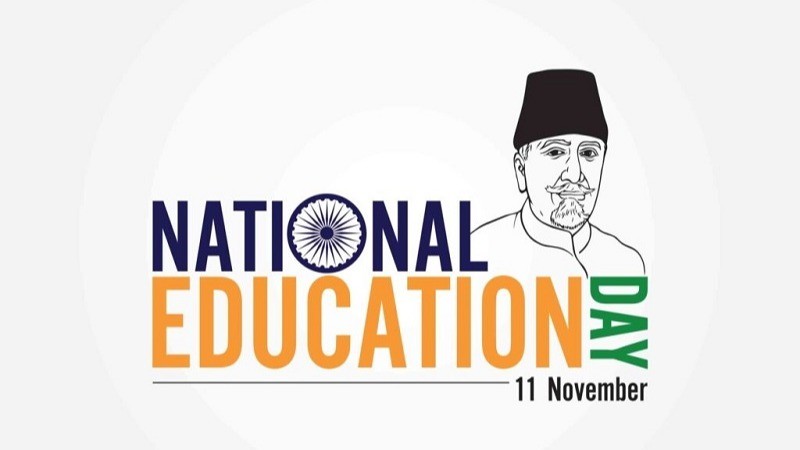
National Education Day, observed annually on November 11th, commemorates the birth anniversary of one of India’s most illustrious leaders, Maulana Abul Kalam Azad. As India’s first education minister, Azad’s contributions to the country’s educational landscape were transformative. The day serves as a tribute to his relentless efforts in building an educational system that emphasizes inclusivity, empowerment, and progress.
Maulana Abul Kalam Azad: A Visionary for Education
Maulana Azad, an iconic freedom fighter and intellectual, understood that education is more than just a means of learning; it is a catalyst for social change. Throughout his life, Azad advocated for an education system that would break the barriers of social inequality, offering every individual the opportunity to grow, develop, and contribute meaningfully to society. He believed that true education should not only focus on academic excellence but also nurture values, skills, and critical thinking.
As the first education minister of independent India, Azad laid the foundation for several key educational reforms. His leadership resulted in the establishment of institutions such as the All India Council of Technical Education (AICTE) and the University Grants Commission (UGC), which continue to play pivotal roles in shaping the higher education sector in India today.
Why National Education Day Matters
National Education Day is a day to reflect on the importance of education and its role in shaping the future of individuals and societies. Azad’s vision of education as a tool for empowerment and social transformation still resonates today. The day encourages everyone to remember his contributions and reaffirm the commitment to making quality education accessible to all.
The significance of this day lies in its call to action. As India continues to grow, there is an increasing need to address the educational gaps that exist across different regions and communities. National Education Day highlights the importance of ensuring that every individual, regardless of their background, has the right to education. It serves as a reminder that education should be a tool of empowerment that equips young people with the critical thinking, skills, and knowledge necessary to thrive in today’s rapidly evolving world.
Maulana Azad’s Enduring Legacy
Maulana Azad’s vision was far ahead of his time. He emphasized that education should foster creativity and independent thought, rather than simply serving as a means to attain degrees or certificates. He championed the idea of promoting scientific temper, cultural understanding, and social responsibility—values that remain crucial in the modern world.
On National Education Day, we honor his legacy by striving to create an education system that is inclusive, equitable, and responsive to the needs of all individuals. As Azad envisioned, education should empower individuals to lead enriched lives and contribute positively to society. This day encourages us to continue his work by closing the educational gaps, promoting innovation, and ensuring that education serves as a powerful tool for social change.
As India observe National Education Day on November 11th, let us reflect on the profound impact education has on both individuals and society. By celebrating the life and work of Maulana Abul Kalam Azad, we reaffirm our commitment to building an educational system that nurtures the potential of every individual, promotes equality, and equips future generations with the knowledge and skills they need to navigate an increasingly complex world.